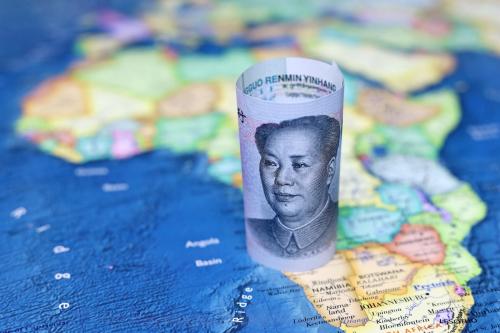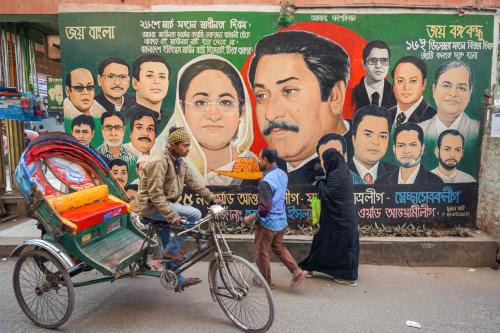

11:30 am EST - 12:45 pm EST
Past Event
11:30 am - 12:45 pm EST
1775 Massachusetts Ave NW
Washington, D.C.
20036
As a new presidential administration and Congress arrive in Washington in January, China will remain a top area of focus for policymakers. Given the ongoing tense climate of competition between the world’s two superpowers, the prospects for U.S.-China collaboration on critical global issues ranging from climate change to nuclear non-proliferation to food security appear distant. What are the historical precedents for collaboration between global competitors, and do pathways toward coordination exist in this ever-evolving global environment?
On Friday, December 6, the Brookings Institution and Center for Strategic International Studies presented findings from the first phase of the “Advancing Collaboration in an Era of Strategic Competition” project. U.S. Representative Jim Himes (D-Conn.), ranking member of the House Permanent Select Committee on Intelligence, participated in a keynote fireside chat on the future of the U.S.-China relationship, and a panel of scholars and practitioners offered insights on how the United States can balance its security requirements and its need to address global challenges that affect American citizens.
Viewers submitted questions via email to [email protected] or via Twitter using #USChina.
In Partnership With
11:30 am - 12:00 pm
Moderator

12:00 pm - 12:45 pm


Jakkie Cilliers
February 4, 2026

Yun Sun
January 27, 2026

Constantino Xavier
January 26, 2026